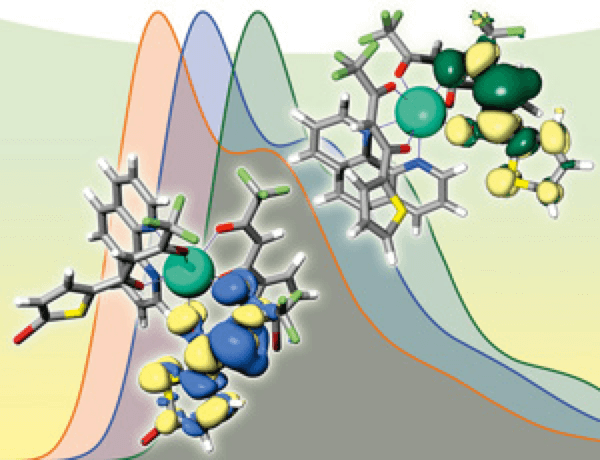Fundamental Aspects of the Metal-Catalyzed C–H Bond Functionalization by Diazocarbenes: Guiding Principles for Design of Catalyst with Non-redox-Active Metal (Such as Ca) and Non-Innocent Ligand
Adrian Varela-Alvarez and Djamaladdin G. Musaev
Understanding Organometallic Reaction Mechanisms and Catalysis,
2015, Chapter 2; 10.1002/9783527678211.ch2

05/2015
We analyzed electronic factors affecting the mechanism of metal-catalyzed C–H bond alkylation by diazocarbene precursors. The analyses showed that e efficient metal-catalyzed alkylation of C–H bond by diazocarbenes requires a fine balance (i) of the triplet and singlet electronic states of carbenes: availability of singlet and triplet states is crucial for electrophilic and nucleophilic character of carbene fragment of metallocarbenes; and (ii) in the metal–carbene bond strength: a strong metal–carbene bond is required for facile diazocarbene decomposition, while weak metal–carbene interaction is beneficiary for the metallo-carbene reaction with various substrates.
The aforementioned delicate balance is predicted to be achieved by utilizing a combination of (i) transition metals with smaller energy gap between their s1dn−1 and s0dn electron configurations, and triplet carbenes with an energetically close singlet electronic state or/and (ii) transition metals with a ground s0dn electron configuration and carbenes with a singlet ground electronic state.